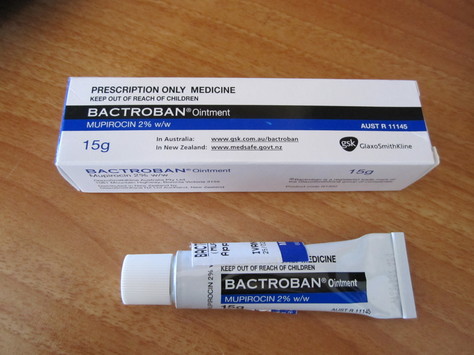

Nitrofurantoin is contraindicated in patients with renal dysfunction and in patients with an eGFR of less than 45 ml/minute (see sections 4.3 & 4.4). See precaution and risks to elderly patients associated with long-term therapy (see section 4.8). Provided there is no significant renal impairment, in which Nitrofurantoin is contraindicated, the dosage should be that for any normal adult. Prophylaxis: 50 mg four times daily for the duration of procedure and for three days thereafter.Ĭhildren and Infants over three months of ageĪcute Urinary Tract Infections: 3mg/kg day in four divided doses for seven days.įor children under 25 kg body weight consideration should be given to the use of Nitrofurantoin Suspension. Long term suppression: 50-100 mg once a day. Severe chronic recurrence (UTIs): 100 mg four times daily for seven days. Date of first authorisation/renewal of the authorisationĪcute Uncomplicated Urinary Tract Infections (UTIs): 50 mg four times daily for seven days.

Nitrofurantoin can cause serious lung injury.Stomach upset also can be minimized by using a lower dose or by taking nitrofurantoin with food or milk. The macrocrystalline form (Macrodantin) appears to cause less stomach upset.Common side effects of nitrofurantoin include:.What are the side effects of nitrofurantoin (Macrobid, Macrodantin, Furadantin)? Yes Do I need a prescription for nitrofurantoin (Macrobid, Macrodantin, Furadantin)? Is nitrofurantoin (Macrobid, Macrodantin, Furadantin) available as a generic drug? The brand names Ivadantin and Furalan have been discontinued in the US.Macrobid, Macrodantin, and Furadantin are the brands available for nitrofurantoin in the US.What brand names are available for nitrofurantoin? The macrocrystalline form is more slowly absorbed than the microcrystalline form and is useful for patients who cannot tolerate the microcrystalline form. Macrobid, a sustained release form of macrocrystalline used twice daily.Three forms of nitrofurnatoin are available: Bacteria cannot survive without a cell wall or multiply without DNA. Nitrofurantoin interferes with the production of bacterial proteins, DNA, and cell walls. Coli, Enterobacter cystitis, Enterococcus, Klebsiella, and Staphylococcus aureus. Nitrofurantoin is an antibiotic that is used for treating urinary tract infections caused by several types of bacteria. What is nitrofurantoin (Macrobid, Macrodantin, Furadantin)?


 0 kommentar(er)
0 kommentar(er)
